Nepal to Get 4 Million Doses of Moderna Vaccines through COVAX
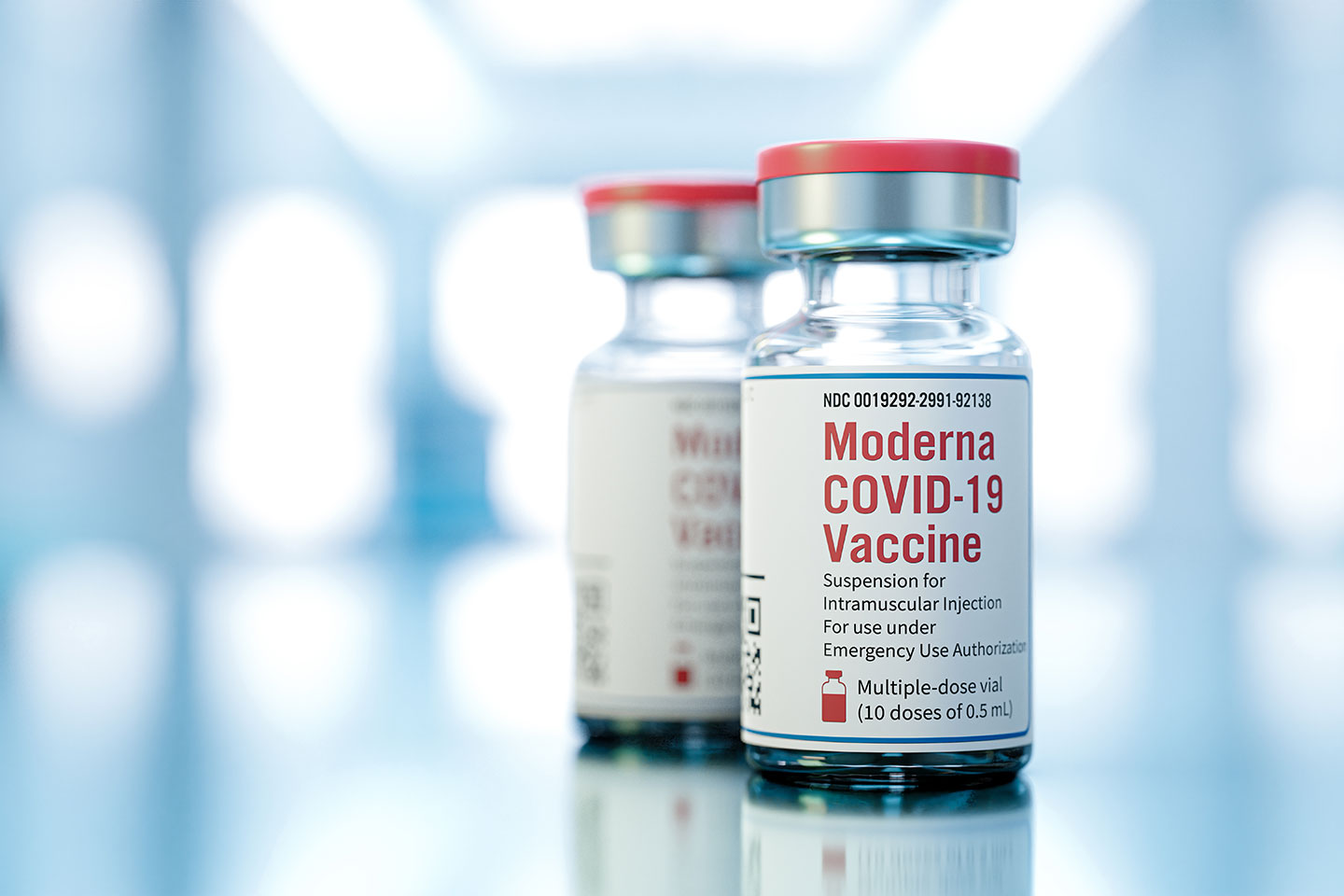
KATHMANDU – Nepal is the second country globally to have completed agreements with GAVI to procure 4 million doses of Moderna vaccines, financed by the World Bank, through the COVAX cost-share option. This will diversify and strengthen the country’s COVID-19 vaccine portfolio.
“Nepal is an early mover in utilizing the COVAX cost-share scheme, and I am pleased to note that we have finalized an arrangement, despite very challenging circumstances, to bring safe and highly effective vaccines to Nepal,” said Umesh Shrestha, Minister of State for Health and Population. “Moderna vaccines have helped expand options for vaccinating Nepalis above 12 years of age and fast-track Nepal’s progress towards a safer post-COVID world.”
Delivery of these vaccines is expected to start by March 2022 and will contribute to Nepal’s goal to vaccinate at least 72 percent of its population, as well as children 12-17 years of age for whom the Moderna vaccine is deemed safe and effective.
“We are honored to support the people and Government of Nepal, along with our development partners, by financing the purchase of safe and effective vaccines through the COVAX facility,” said Faris Hadad-Zervos, World Bank Country Director for Maldives, Nepal, and Sri Lanka. “This is a key element of our overall COVID response by helping to meet emergency health needs and strengthening the healthcare and vaccine delivery system.”
The World Bank has made available $104 million to support the Government of Nepal’s health response to the pandemic, with $67.5 million earmarked to purchase and deploy COVID-19 vaccines. Last month, 1,000 oxygen concentrators were brought in through the project while seven oxygen generation plants are being established, one in each province. These will help strengthen health preparedness in the event of future waves of the pandemic.
“We commend the Government of Nepal for being the first country in South Asia, and one of the first in the world, to join and tap into the COVAX cost-share option,” said Hartwig Schafer, World Bank Vice President for South Asia. “The World Bank is committed to continuing our support to Nepal’s COVID-19 vaccination program, which is critical to helping the people and economy of Nepal build back better from this unprecedented crisis.”
The World Bank supports countries’ COVID-19 vaccine implementation plans. Countries make choices based on their specific needs and the WHO’s recommended policy and guidelines on vaccines, therapeutics, and other tools they adopt.
As the threshold for eligibility for IBRD/IDA resources in vaccine purchase, the Bank accepts as eligible for inclusion in the project COVID-19 vaccines that (i) have received regular or emergency licensure or authorization from at least one of the Stringent Regulatory Authorities (SRAs) identified by World Health Organization (WHO) for vaccines procured and/or supplied under the COVAX Facility, as may be amended from time to time by WHO; or (ii) have received WHO Prequalification or WHO Emergency Use Listing. The Moderna vaccine meets these criteria.
World Bank Group Response to COVID-19
Since the start of the COVID-19 pandemic, the World Bank Group has deployed over $157 billion to fight the health, economic, and social impacts of the pandemic, the fastest and largest crisis response in its history. The financing is helping more than 100 countries strengthen pandemic preparedness, protect the poor and jobs, and jump start a climate-friendly recovery. The Bank is also supporting over 50 low- and middle-income countries, more than half of which are in Africa, with the purchase and deployment of COVID-19 vaccines and is making available $20 billion in financing for this purpose until the end of 2022.






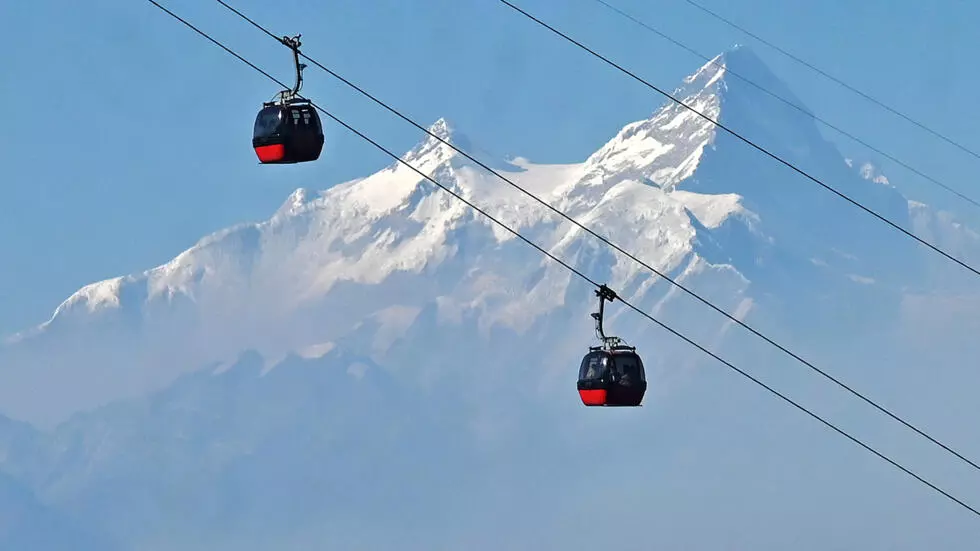
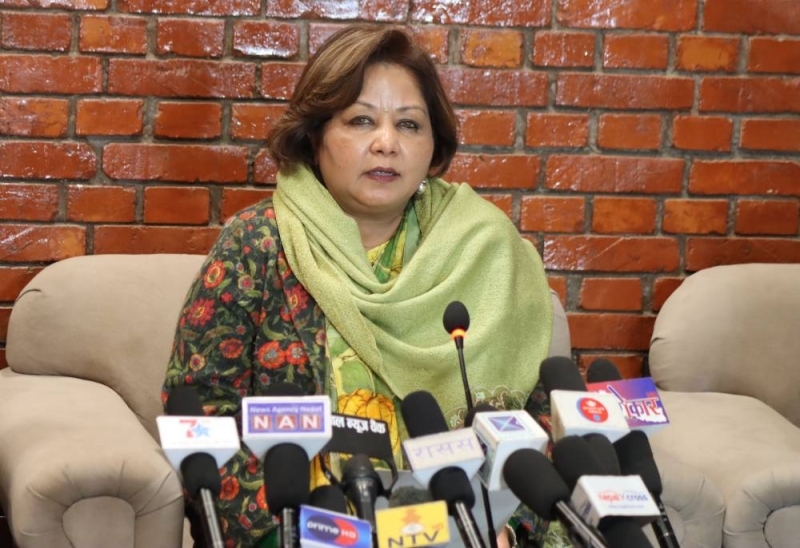
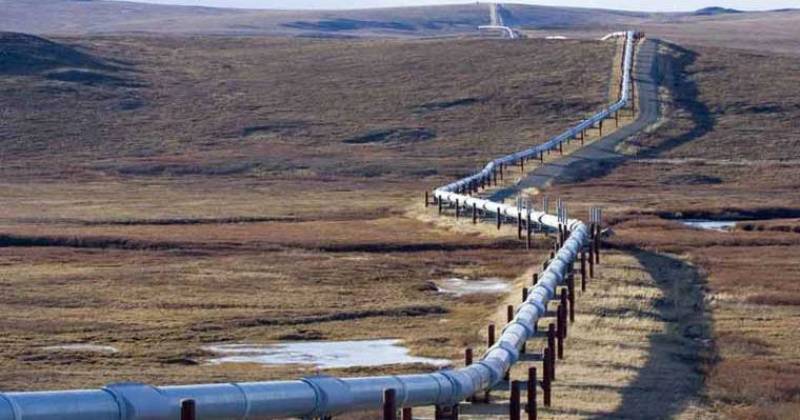

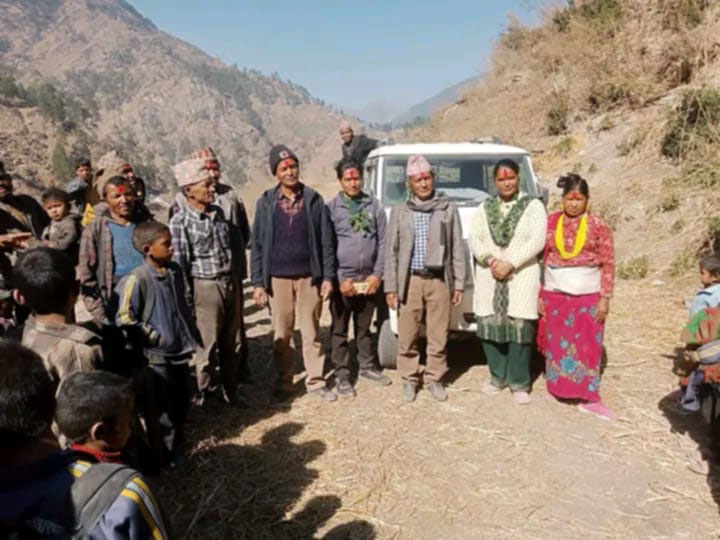
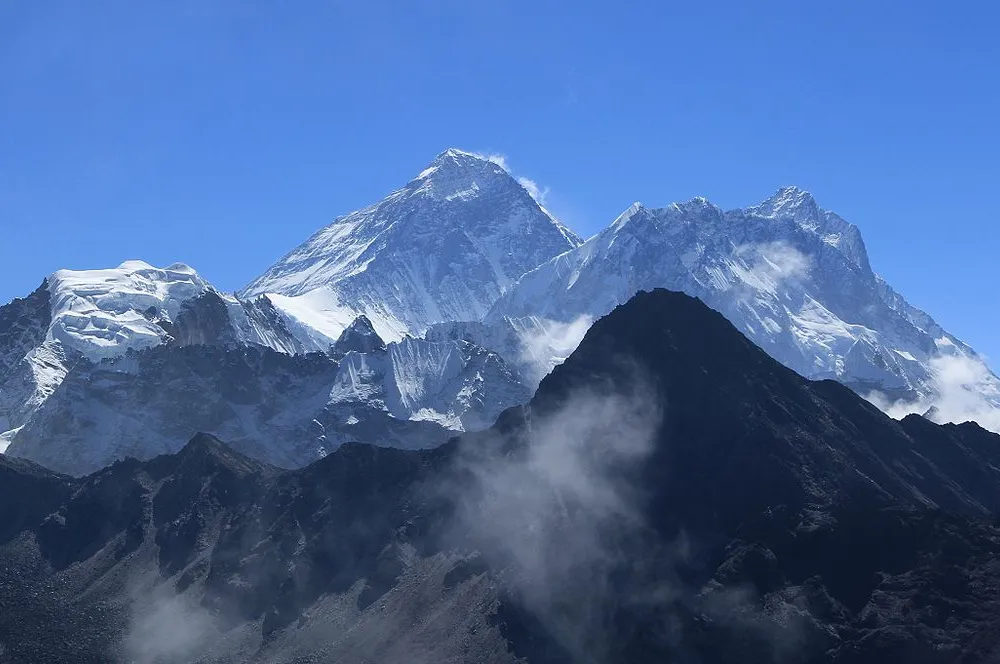







Facebook Comments